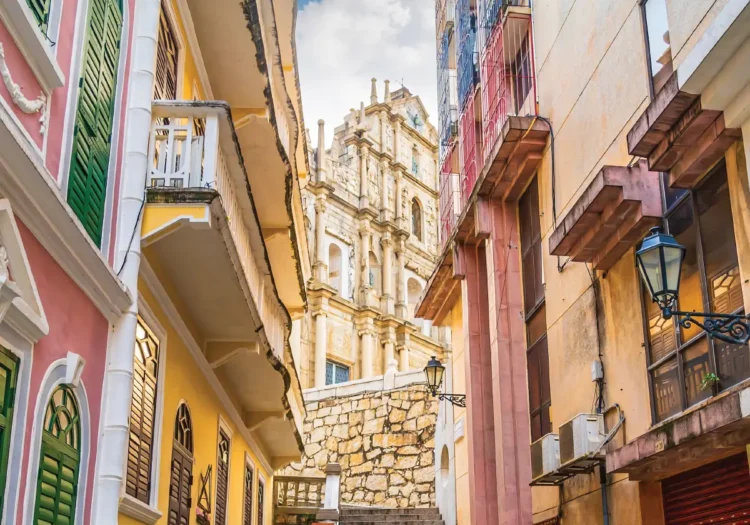At the beginning of June, the Macau government announced that all 11 of the city’s satellite casinos would be shut down this year. The sudden news shocked the community and has led many to question whether the complete closure of satellite casinos is a blessing or a curse for Macau.
Even before the beginning of this year, the future of satellite casinos had become a hot topic of debate. Inside Asian Gaming conducted an in-depth analysis of the issue in February and another in late May, delving into the factors that would determine whether any of Macau’s satellites could survive beyond 2025.
However, the government did not issue a detailed response until 9 June, when it officially announced the closure of all satellite casinos. Two of those may be resurrected as self-owned casinos, however, with SJM Resorts outlining its intention to acquire Ponte 16 and L’Arc, incorporating them into its portfolio.
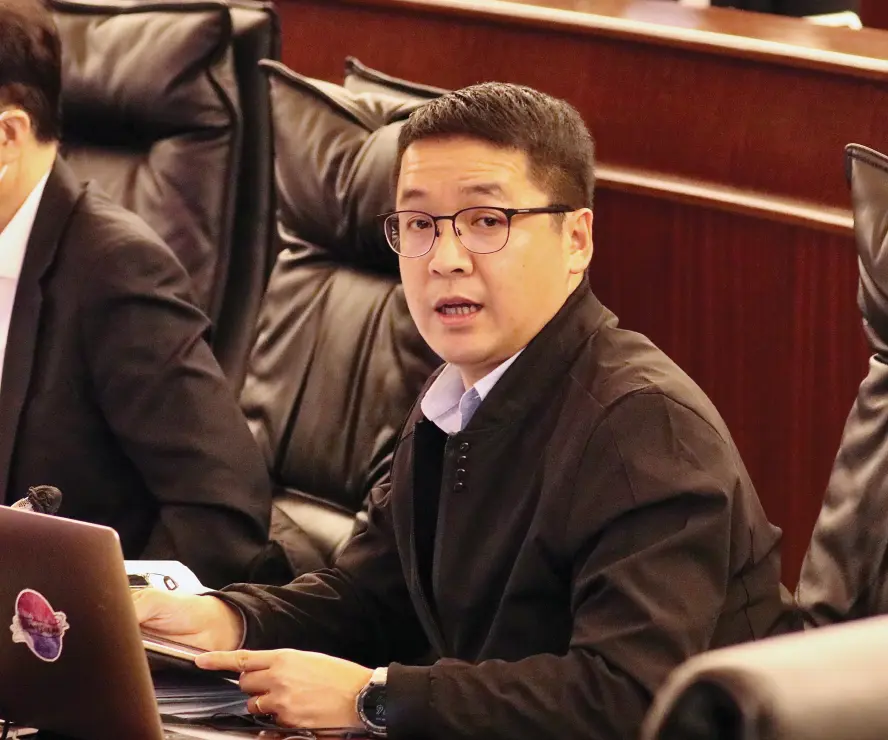
The abrupt end of the satellite casino era has left a series of pressing questions, including the fate of surrounding businesses, employment prospects for affected staff and the broader economic implications.
“I simply cannot understand the timing of this June decision,” said Macau legislator Ron Lam U Tou, who has long followed the development of satellite casinos. “Macau’s economy is currently at a low point, and it was widely expected that satellite casinos would be allowed to remain. This outcome will only worsen an already dire economic situation.”
According to sources, the operators of SJM’s nine satellite casinos were unaware of the closure decision prior to the day of the public announcement and only learned of the news during a meeting with SJM at Grand Lisboa Palace.
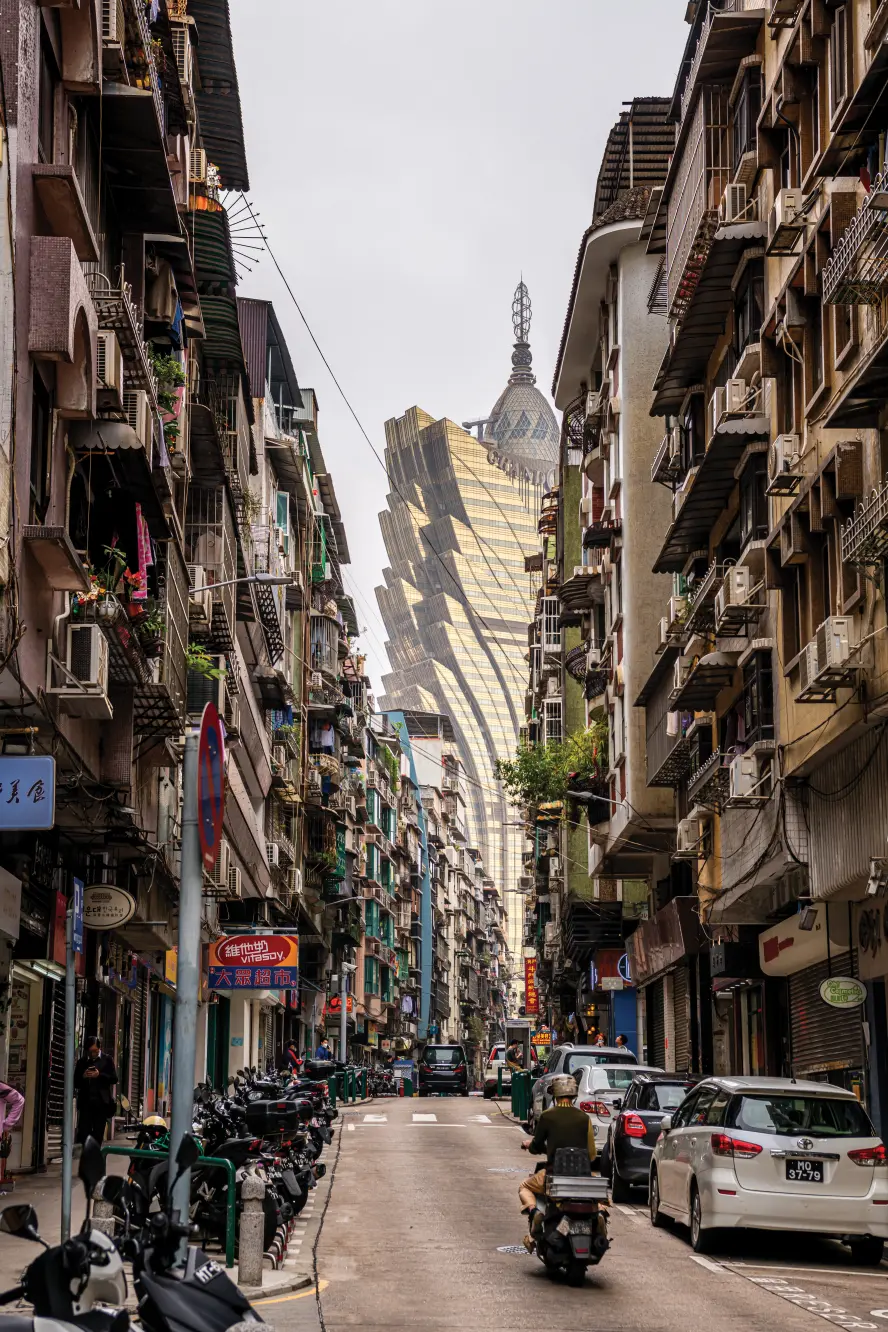 “The satellite casinos have always wanted to discuss their future with the government and the concessionaires, but no one was willing to engage – right up until the closure was announced,” Lam said, expressing concern that the situation mirrors the abrupt demise of VIP rooms in 2021, from which many staff remain unemployed to this day.
“The satellite casinos have always wanted to discuss their future with the government and the concessionaires, but no one was willing to engage – right up until the closure was announced,” Lam said, expressing concern that the situation mirrors the abrupt demise of VIP rooms in 2021, from which many staff remain unemployed to this day.
Lam noted that although SJM has pledged to absorb 4,800 employees, the fate of the remaining 800 satellite casino staff remains uncertain.
Many other jobs dependent on these casinos also face serious risk.
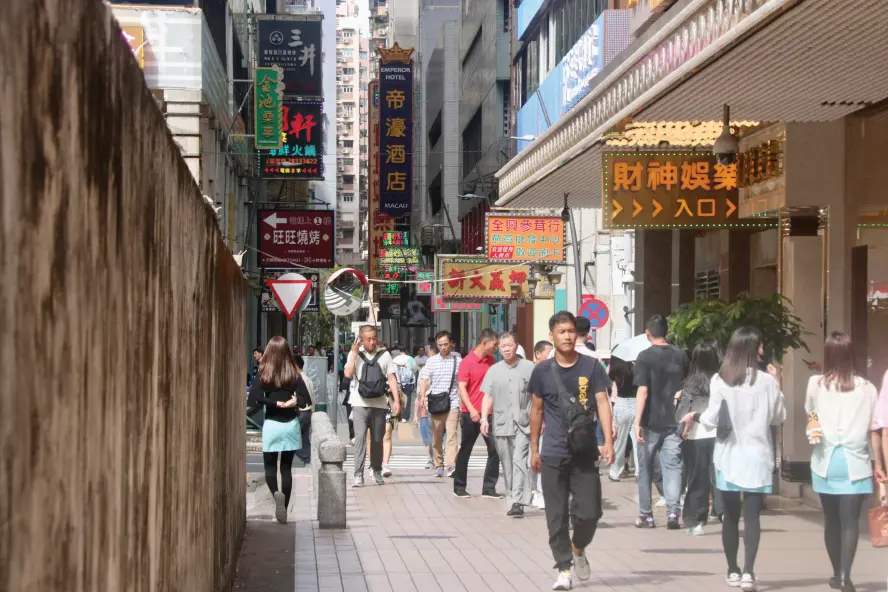 “The outlook is now even more troubling, which will only further undermine Macau’s future economic stability,” he said.
“The outlook is now even more troubling, which will only further undermine Macau’s future economic stability,” he said.
While the government has repeatedly stated it will supervise the transition of employees to concessionaires and assist local businesses in adapting, industry insiders believe that such a sudden and far-reaching shift cannot be resolved easily.
Veteran gaming industry figure U Io Hung remarked, “In the NAPE district alone, more than 130 shopfronts will suddenly become vacant – almost the equivalent of an entire shopping mall’s worth of stores.”
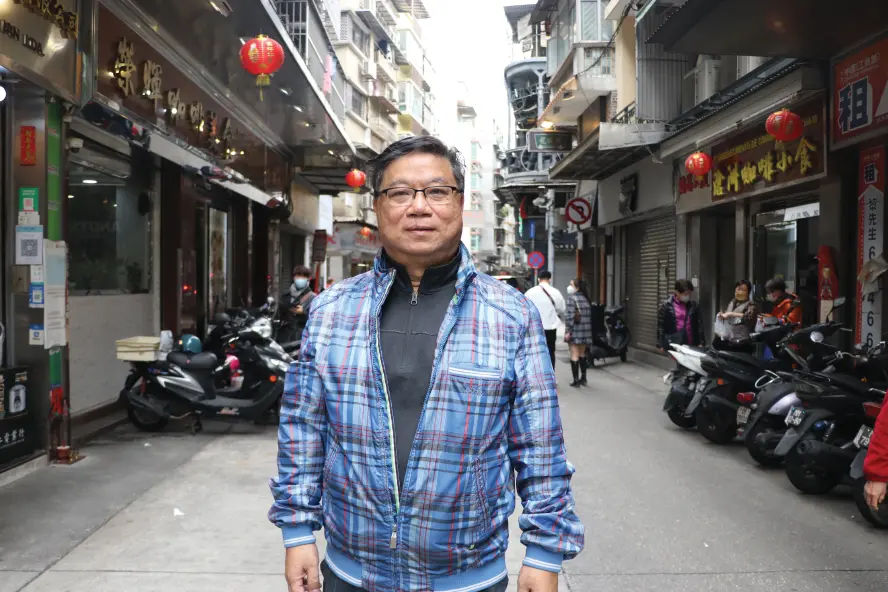
The impact of the closures is especially severe given the current economic climate.
“The government claims there are only 800 satellite casino employees [not directly employed by the concessionaires], but that number is far too low,” U said. “You can’t run a casino with just 72 people – there are actually far more staff involved.”
He believes that the 4,600 employees directly employed by concessionaires will likely be reintegrated without much issue. However, direct employees of the satellite casinos – and others whose jobs are indirectly tied to them – may face a far more uncertain future.
“This is not the best outcome,” U emphasized. “The closure of the satellite casinos has left behind numerous unresolved issues and an excess of uncertainty.
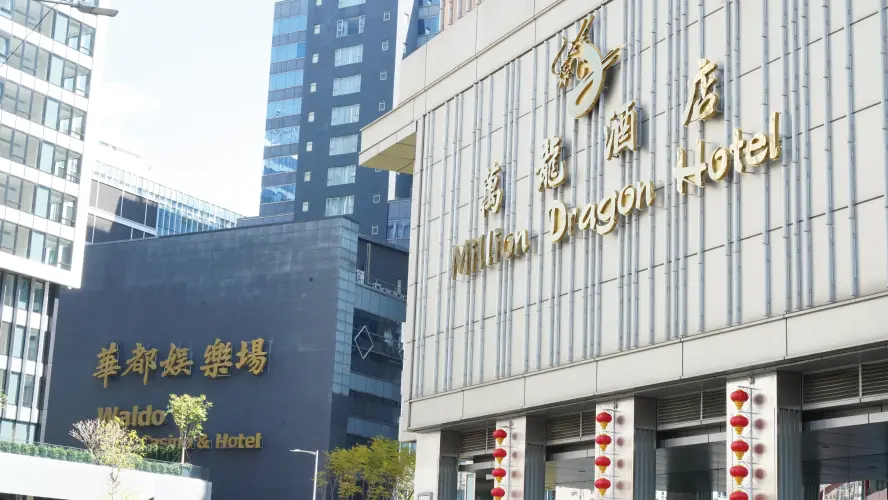 “In terms of the broader economic environment, this is not the most appropriate time for such a move. But since the government must follow the law, the industry has little room to resist.”
“In terms of the broader economic environment, this is not the most appropriate time for such a move. But since the government must follow the law, the industry has little room to resist.”
From a business perspective, however, U noted that SJM stands to benefit from the return of approximately 450 gaming tables following the closures – potentially boosting its market share.
“With ongoing renovations at the Lisboa and increased space becoming available on the upper floors of Grand Lisboa, there will be room for even more tables,” he said.
“If the acquisition of L’Arc is successful, additional tables could be added to its second floor as well. SJM still has ample space for expansion. Overall, its competitiveness will be enhanced.”
Morgan Stanley noted in a recent report that SJM may lose some of the gaming revenue previously generated by its satellite casinos, with that market share potentially shifting to other integrated resorts on the Macau peninsula, such as Wynn Macau, MGM Macau and Galaxy Entertainment Group’s StarWorld Hotel.
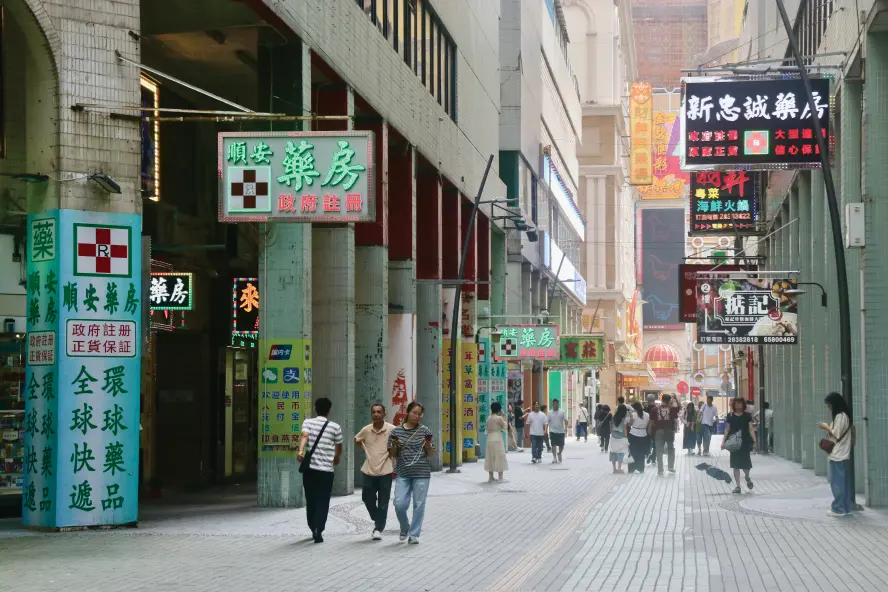 Still, U argued that although gaming revenue may be diluted in the short term, the increase in table numbers could benefit SJM in the long run. With L’Arc joining its portfolio, the NAPE district will retain its competitive edge.
Still, U argued that although gaming revenue may be diluted in the short term, the increase in table numbers could benefit SJM in the long run. With L’Arc joining its portfolio, the NAPE district will retain its competitive edge.
Some Morgan Stanley analysts believe that the closure of satellite casinos will bring about a “clearer industry structure” in Macau’s gaming sector. However, they also caution that it may impose new operational burdens on SJM, particularly in managing a possible staff surplus.
The closure of satellite casinos undoubtedly presents significant challenges and uncertainties – not only for Macau’s gaming industry, but also for the broader community. Addressing the aftermath will require a coordinated effort from the government, concessionaires and society at large.






